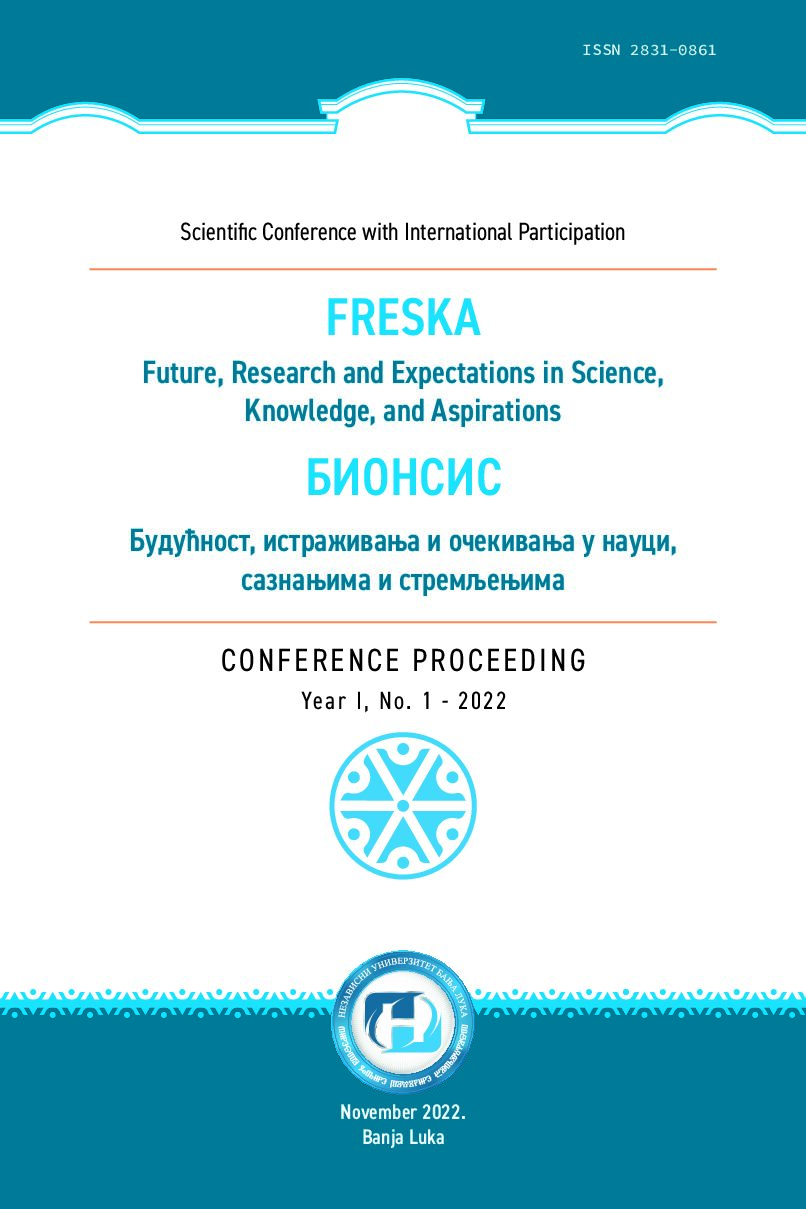THE FORMATION OF A MULTIPOLAR WORLD ORDER IN INTERNATIONAL RELATIONS IN THE XXI CENTURY - REVIEW OF THE BALKANS
DOI:
https://doi.org/10.7251/ZNUBL2201133TAbstract
The formation of a multipolar world order in contemporary international relations in the 21st century cannot be considered without the geopolitical and geo-economic context in which global processes take place, but also the post-Cold War order in which the germs of world movements towards multipolarism were formed. Ever since the 70s of the 20th century, the modern capitalist system embodied in the power of the Western world has been engulfed in the irreversible process of its resignation after a series of economic, social and moral crises of the neoliberal model of development in the world. In order to avoid the irreversible processes of creating a multipolar world and a fairer world order, the response of the Western (Anglo-Saxon) elite of the United States of America and Great Britain is accordingly long-term planned to preserve the core of their own world domination in the general crisis of the capitalist system and come out even stronger and richer from all the projected processes. Hence the Great Reset - the geopolitical agenda of the World Economic Forum, “green policies” and numerous ideological matrices, which aim to dominate the full spectrum in the system of world relations. In the world context, this means energy poverty throughout the XXI century, food crisis - increase in world hunger, removal of all forms of social control - states that will take care of their own population and manipulation based on engineering and control of media and digital technologies in the creation of a new post-liberal world order. The way out of the historical detour can be in opposing the corporate-technological dystopia and the development of a fairer and safer world order, a multipolar world order, led by the BRICS and SCO countries and the Eurasian powers Russia and China. The solutions for the Balkans are on the trail of major geopolitical transformations in the world, the economic integration of the Balkans and the geopolitical reconstruction of the post-Yugoslav Balkans.
